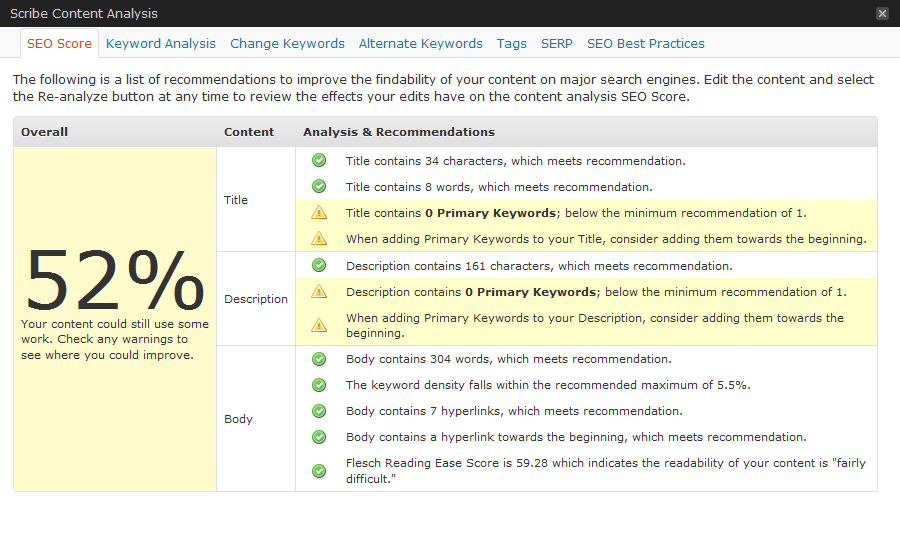 The rules haven’t changed, but it’s surprising how many people start creating content to market their business on the web without regard for the basics. Many people focus on the medium, the latest shiny tool: the blog, the Twitter tweets, and Facebook updates, without regard for the basic rules of writing copy for the Web.
The rules haven’t changed, but it’s surprising how many people start creating content to market their business on the web without regard for the basics. Many people focus on the medium, the latest shiny tool: the blog, the Twitter tweets, and Facebook updates, without regard for the basic rules of writing copy for the Web.
Content marketing isn’t a buzz word because marketing people just like new buzzes. Content marketing is a requirement for anyone doing business because it beats writing advertisements that get ignored.
Smart marketers know the rules and never forget them. Even if the Internet changes at lightning speed, the writing basics are the same.
I’ve only been writing online copy for ten years. Before that, I was a journalist and a psychologist so I learned to write differently. Writing content for the Web is different. It’s designed to deliver information in ways that engage readers to take an action, most often click to register or buy.
Every once in a while, I go back to the basics. A standard learning tool for many copywriters is Maria Veloso’s Web Copy that Sells, published in 2004. The 2nd edition is now out and I’ve been reviewing and re-reading it. Good stuff.
Here’s a recap of some really key nuggets from this book:
Before you write one word of copy, you must first:
- Know your objective
- Know your target audience
- Know your product or service
I know this seems so common sense it’s not worth spending time on, but trust me, the time you take to write down a few notes on each of these things will be well worth it. Read More→












